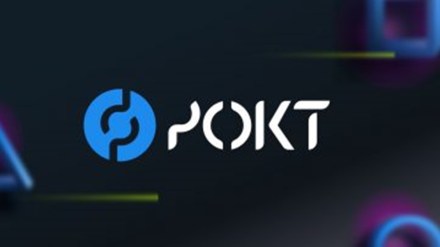Fantom has entered into a strategic partnership with blockchain data platform Pocket Network. As per the partnership, Pocket Network will provide network bandwidth to Fantom. Furthermore, the company claims that the partnership will enable Fantom blockchain network to perform relays daily.
Centralised remote procedure call (RPC) providers are often susceptible to single points of failure that can bring down service, Michael O’Rourke, co-founder and CEO, Pocket Network, said. “After whitelisting support for the Fantom network with the 0049 relay chain ID, Pocket Network will bring decentralisation to Fantom, and will provide incentives and rewards for node operators,” he added.
Pocket Network’s support of the Fantom blockchain will allow developers to mint Fantom RPC endpoints for their applications directly from the Pocket portal. It will also allow node runners to earn its native blockchain protocol cryptocurrency utility token $POKT for servicing Fantom traffic from applications, tools, services and protocols. “Having Pocket Network’s decentralised RPC on Fantom should build a future on censorship-resistant and decentralised infrastructure,” Michael Kong, CEO, Fantom Foundation, said.
According to the company, Pocket Network’s support of Fantom blockchain will bring decentralisation to Fantom’s RPC, allowing Pocket’s middleware protocol to decentralise the RPC layer and provide a second layer of full-node incentives via its $POKT. Pocket Network will offer load-balancing and built-in to the protocol layer for providing a layer of redundancy that centralised RPC providers won’t be able to replicate.
For Alberto Jauregui, ecosystems developer, Pocket Network, only Fantom validator nodes earned $FTM rewards for validating blocks and maintaining consensus. “Supporting Fantom not only provides a RPC service for developers but will also create an income platform in the form of POKT for full-node runners while making the Fantom network,” he stated.
Pocket Network provides blockchain bandwidth from a globally distributed network of 44,000 plus full nodes to applications in Web3 across 45 blockchain networks including Ethereum, Polygon, Solana, Fuse, Avalanche, and Harmony.
